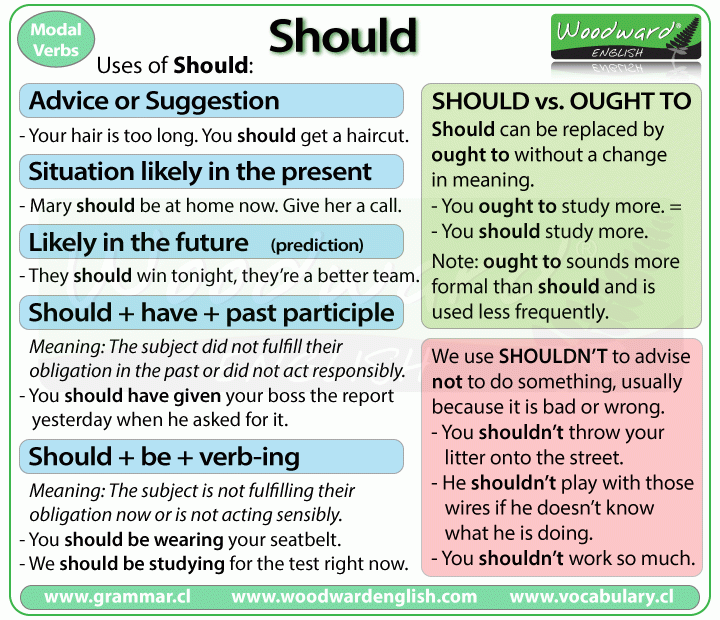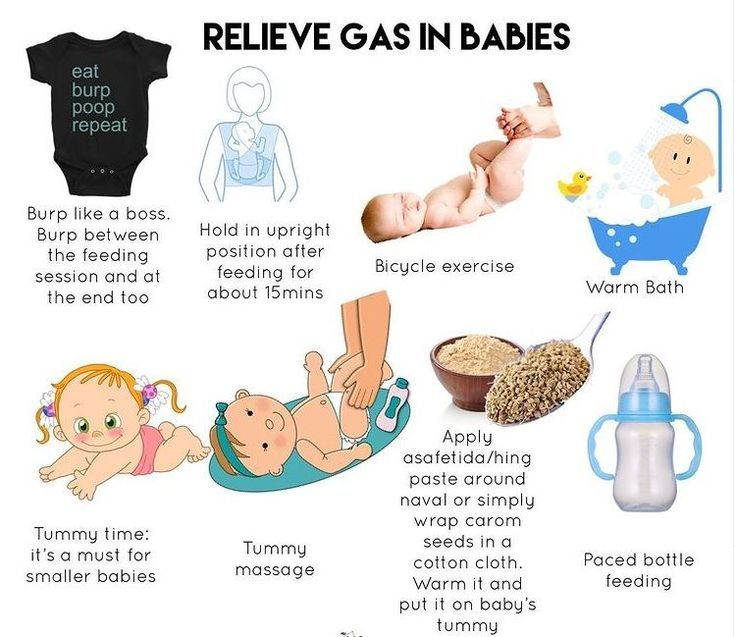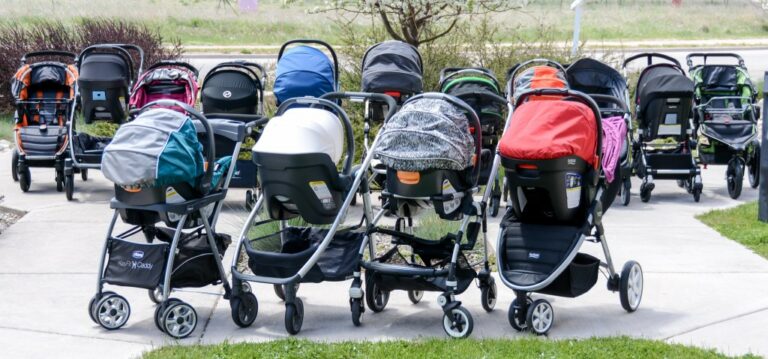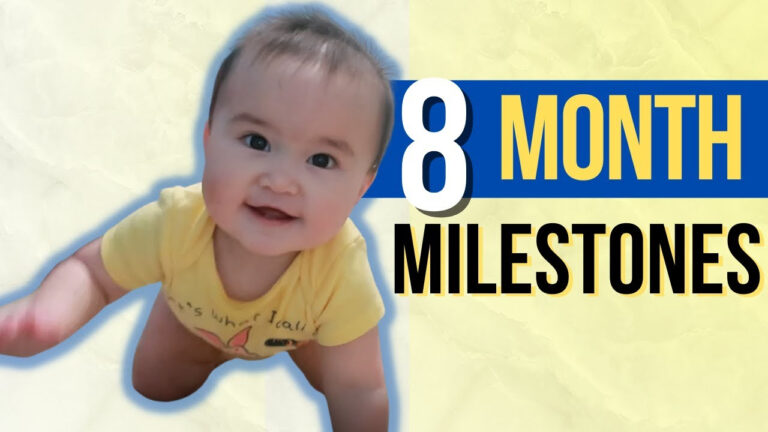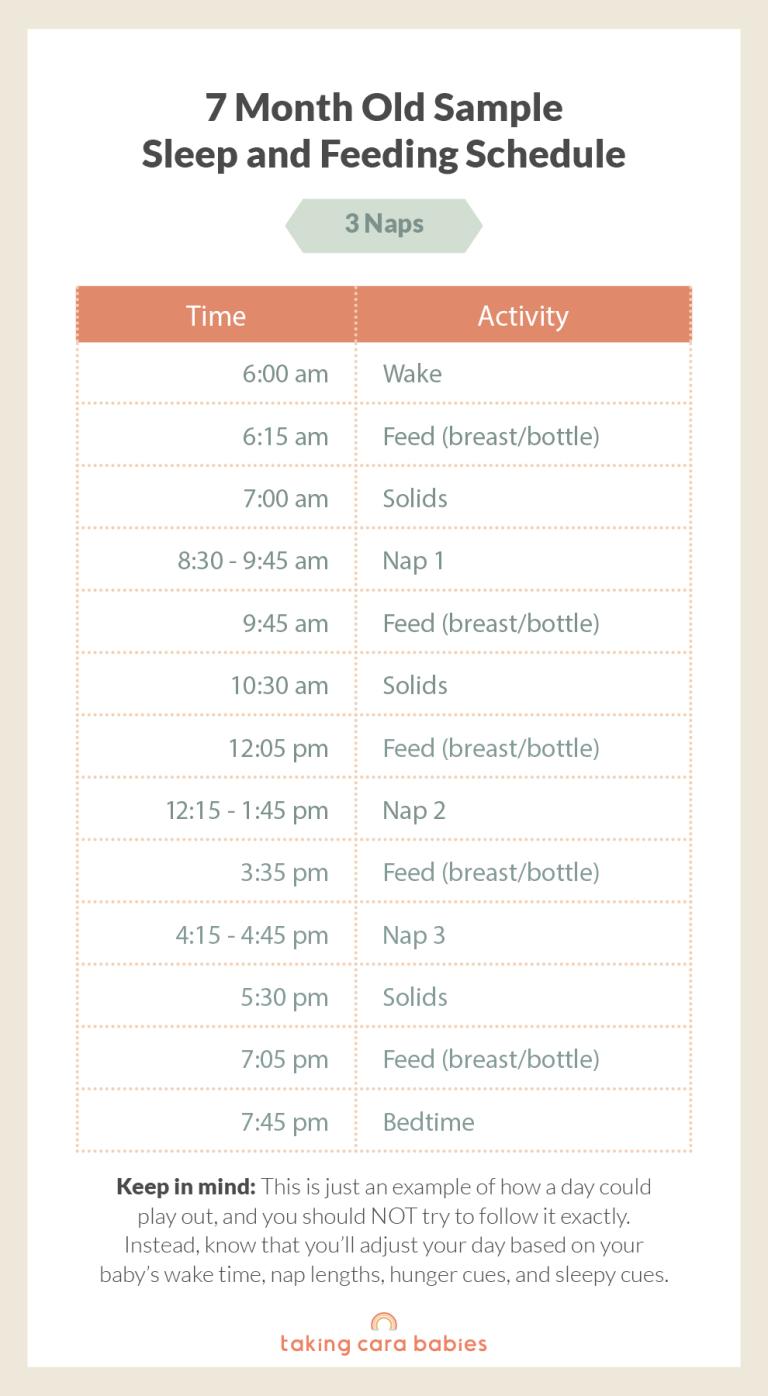When Should Baby Stop Using Pacifier: A Comprehensive Guide
As parents, we often rely on pacifiers to soothe our babies and help them sleep. But at some point, we may wonder when is the right time to say goodbye to this comforting tool. In this article, we will delve into the topic of when should baby stop using pacifier and provide you with all the information you need to make an informed decision.
Knowledge
When it comes to determining when a baby should stop using a pacifier, there are a few key factors to consider. Firstly, it is important to note that pacifiers can offer benefits such as helping babies self-soothe and reducing the risk of sudden infant death syndrome (SIDS). However, prolonged pacifier use can also lead to dental issues, speech delays, and dependency.
Most experts recommend that babies should stop using pacifiers by the age of 2. By this age, children are typically able to self-soothe in other ways and are less reliant on the pacifier for comfort. It is important to gradually wean your child off the pacifier to avoid any negative effects on their oral development.
Prolonged pacifier use can impact the alignment of your child’s teeth and jaw development. If you notice any changes in your child’s bite or tooth alignment, it may be a sign that it is time to stop using the pacifier. Consulting with a pediatric dentist can help you assess any potential dental concerns and determine the best course of action.
Using a pacifier for an extended period can also affect your child’s speech development. The sucking motion required to use a pacifier can interfere with the development of proper speech patterns. If you notice any speech delays or difficulties, it may be time to phase out the pacifier.
One of the main concerns with prolonged pacifier use is the potential for dependency. If your child is constantly reaching for the pacifier and has difficulty soothing themselves without it, it may be time to consider weaning them off. Encouraging other self-soothing techniques such as cuddling or offering a comfort object can help your child transition away from the pacifier.
Conclusion
In conclusion, knowing when to stop using a pacifier is a personal decision that should take into account your child’s individual needs and development. While pacifiers can offer benefits in the early months, it is important to be mindful of the potential risks associated with prolonged use. By being aware of the signs that it may be time to say goodbye to the pacifier, you can help ensure your child’s healthy development.
Overall, the target audience for this article includes parents of young children who are navigating the decision of when to stop using a pacifier. It aims to provide them with the information they need to make an informed choice that is in the best interest of their child’s well-being.
Ultimately, the decision of when to stop using a pacifier is a personal one that should be based on your child’s individual needs and development. By being aware of the potential risks and benefits of pacifier use, you can make an informed choice that supports your child’s healthy growth and development.
